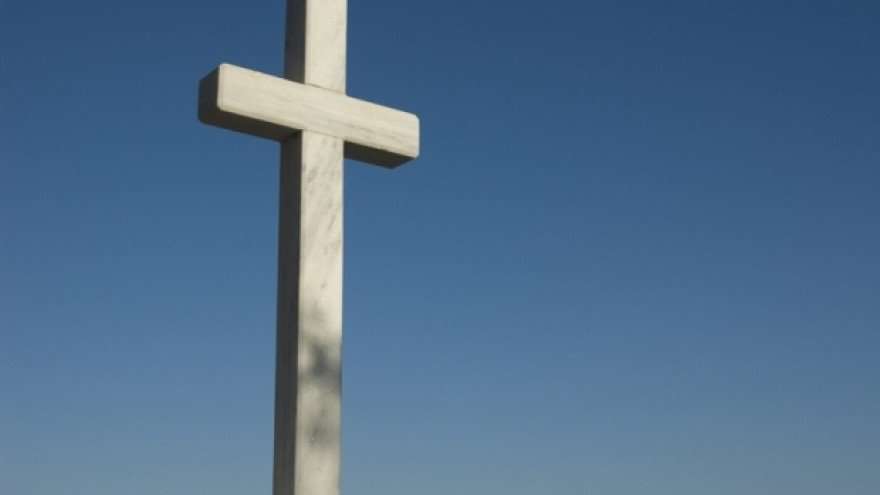The number of New Zealanders with 'no religion' has officially surpassed the number of people who identify as Christian in New Zealand, with a secular advocacy group calling for fewer concessions to be given to Christians.
Newly released data from the 2018 shows that 48.59 per cent of New Zealanders have 'no religion' - up from 41.92 at the 2013 Census.
The number of people identifying with a Christian faith has fallen from 47.65 per cent in 2013 to 37.31 per cent this year.
The numbers continue a trend line which has been observed over several recent Census counts.
A graph illustrating New Zealand Census data of those identifying as Christian and those identifying as having no religion. Source: Statistics NZ data/1 NEWS graph
In a press release today, Humanist New Zealand - a secular advocacy group - said the numbers suggest it's time to re-think the concessions and privileges afforded to Christians.
Humanist New Zealand president Jolene Phipps said that "Christianity has a privileged position in public policy today that is out of step with modern New Zealand".
"From parliamentary prayers, to classrooms 'closing' during the school day so that Christian groups can run religious instruction, the concessions awarded to religious organisations clash with human rights and our concept of a free and fair society," Ms Phipps said.
"In our hospitals, 10 Christian churches get 100 per cent of the funding for chaplaincy, pastoral and spiritual support from the Ministry of Health.
"Religious groups are awarded charity status and tax exemptions just for promoting religion.
"Non-religious people need more recognition, support, services, and representation. We want to work together to ensure our voices are heard."
The 2018 Census numbers also show rising numbers of people identifying with other religions.
The number of Sikhs has more than doubled, from 19,191 in 2013 to 40,908 in 2018.
The number of Muslims or those practising Islam has risen from 46,149 in 2013 to 61,455 in 2018.

theoreoman on September 24th, 2019 at 14:55 UTC »
Religion is like smoking, once upon a time ago it was rude to not let someone smoke in your house even though you didn't smoke so everyone had an ashtray on their coffee table.
As people stopped smoking it became rude to not ask first, but in public you could generally smoke wherever you wanted.
Then as we hit a critical mass of non-smokers it was effectively banned in all restaurants, buildings, and bars.
As the population smokes less the laws are becoming more restrictive as to where you can smoke, but smoking is still your right.
This is how I see religion, soon in these places you'll be able to be religious but you won't be able to expect the public to make unreasonable accommodation.
FalstaffsMind on September 24th, 2019 at 12:38 UTC »
I have always felt this is one of the most hard to pin down statistics. People, even non-religious people, do not like to discuss their religious preference. Or will often say 'Christian' despite the fact they are really Christian in name only.
When it becomes socially acceptable to be openly non-religious, the numbers in the polls will shift. In the US today, it's hard to tell. Based on the people I work with, I would say that about 30% actually are religious to any particular degree. The other 70% are a mixed bag of non-religious to non-practicing, but nominally still identifying.
XhaBeqo on September 24th, 2019 at 10:45 UTC »
This is a massive milestone, making New Zealand one of the first countries to have a majority non-religious (if you include the undeclared) population and actually the first if you exclude the formerly Communist Czech Republic.
I was hoping for these results, since I was reading some analysts claiming that the number of non-religious people would not increase that much, since the wording of the census was changed, but it seems they were wrong.